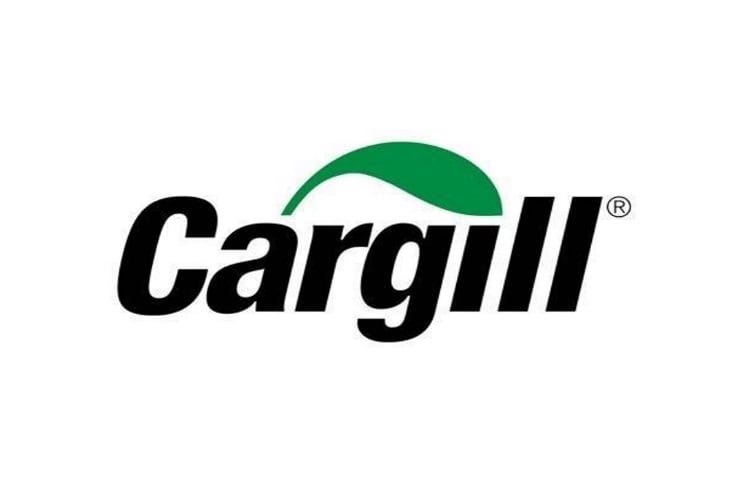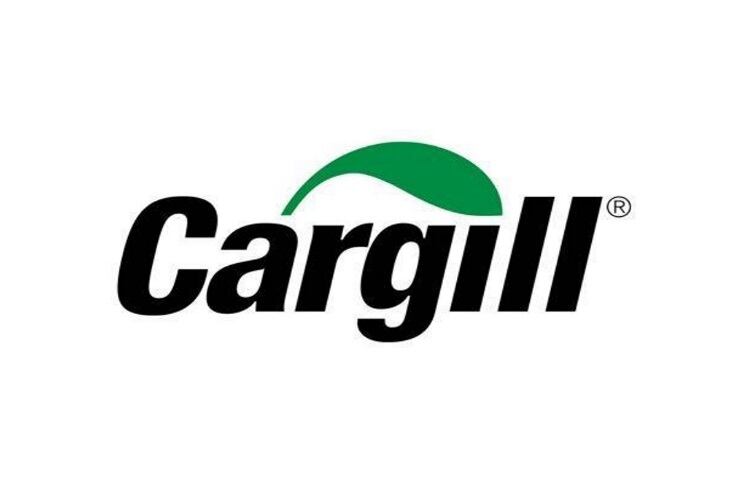The BeefUp Sustainability scheme will focus on four key areas: grazing management, feed production, innovation and food waste reduction.
The scheme incorporates farmer and rancher feedback gathered through previous projects such as the Canadian Beef Sustainability Acceleration Pilot, on-site visits with key supply chain stakeholders and producer panels.
Via the BeefUp Sustainability initiative, Cargill will expand its partnership with The Nature Conservancy (TNC), with whom it has already collaborated with on programs such as the Central Nebraska Irrigation Project, which is working to save 2.4 billion gallons of irrigation water over three years, equivalent to the water used by roughly 7,200 households.
Over the next three years, Cargill and TNC will work with farmers and ranchers to demonstrate how grazing management planning and adaptive management improves sustainability outcomes related to soil, carbon storage, vegetation, wildlife habitat, water and other ecological parameters.
Cargill is also sponsoring the Yield Lab Institute's Manure Innovation Challenge as an early step in the BeefUp Sustainability initiative. The challenge will connect start-ups and companies to create solutions that capture the value from manure-based nutrients, fiber and energy, bringing them to market while creating on farm profitability.
“Significantly reducing GHG requires change across the entire supply chain,” said Heather Tansey, sustainability lead for Cargill's global animal nutrition and protein businesses. “We know the time to act is now and that agriculture can be part of the solution. We're investing in science-based practices and have identified focus areas that will ensure we have the greatest environmental impact.”
According to the Food and Agriculture Organization of the United Nations, the North American beef supply chain is already more than 35% more efficient from a GHG perspective than the global average.
"This initiative builds on the strong environmental stewardship work already led by farmers and ranchers," said Jon Nash, who leads Cargill's North American protein business. "Cargill is creating connections across the entire North American beef supply chain. Together, we can expand current sustainable agricultural practices to make a meaningful difference."




